
In an online roundtable, two women shared their experiences with the restrictions on abortion and reproductive healthcare.
N.C. abortion law prohibits the procedure after 12 weeks —before the first trimester— with exceptions for the cases of rape, incest or to protect the life of the pregnant person.
State Senator Natalie Murdock, a Democrat representing Chatham County and South Durham, co-hosted the event by the Biden campaign. Amanda Zurawski from Austin, Texas and Kaitlyn Joshua from Baton Rouge, Louisiana, spoke with student journalists about the repercussions of abortion regulations. Both Zurawski and Joshua were pregnant in the second half of 2022 and these restrictions led to negative health outcomes.
The roundtable came shortly after comments by former President Trump in which he stated that abortion belongs to the states, and he would not endorse a federal ban. The Biden-Harris administration seeks to codify Roe v. Wade into federal law; the Supreme Court decision overturned in 2022 that guaranteed a federal right to abortion.
When speaking about giving abortion rights back to the states, Zurawski emphasized that this would still lead to less access overall.
Zurawski became pregnant in July of 2022. After a normal first trimester, Zurawski’s cervix had dilated prematurely, resulting in the almost certain loss of her child. Healthcare providers refused to give her an abortion due to Texas’ abortion law, which bans nearly all abortions unless the pregnant person’s life is threatened.
She recounted how medical staff advised her to delay intervention until her condition reached a critical state, leading to septic shock and nearly losing her life.
“I was actually lucky, because I got to live,” said Zurawski. “Others may not be so lucky.”
Joshua became pregnant with her second child in fall 2022 but was unable to schedule prenatal appointments before the 12-week period due to the increased risk of miscarriage. Around 12-weeks, Joshua drove herself to the emergency room because she experienced blood loss and cramping, but doctors refused to discuss abortion or the possibility of a miscarriage.
Joshua recalled the doctors saying, “We’re praying for you.”
After Joshua went to the emergency room a second time, doctors reportedly questioned whether she was pregnant or if she had a cyst. She said doctors refused to discuss the possibility of additional medical treatment for her miscarriage.
According to Joshua, the doctor stated, “We’re not doing that right now.”
After their experiences of being denied healthcare during their pregnancies, both Zurawski and Joshua are campaigning with the Biden-Harris administration to re-elect the administration with hopes of ensuring access to abortion.
Zurawski blamed her experience on the policies enacted by former President Trump, specifically the overturning of Roe v. Wade, which removed the constitutional protection for abortion access. She also discussed the recent ruling by the Alabama Supreme Court, which outlawed in vitro fertilization (IVF), a method she is using to conceive.
After a question from Murdock, Joshua emphasized that abortion restrictions often impact people of color disproportionately. According to the CDC, the maternal mortality rate for Black women is 2.6 times higher than the rate for white women, something that Joshua says is only worsened by the restrictions.
Joshua, Murdock, and Zurawski all emphasized what they believed to be the necessity of re-electing President Biden and Vice President Harris by discussing the impacts restrictive abortion laws had on their pregnancies and health.
“This is way too important of a topic not to be giving it our all,” Joshua said.



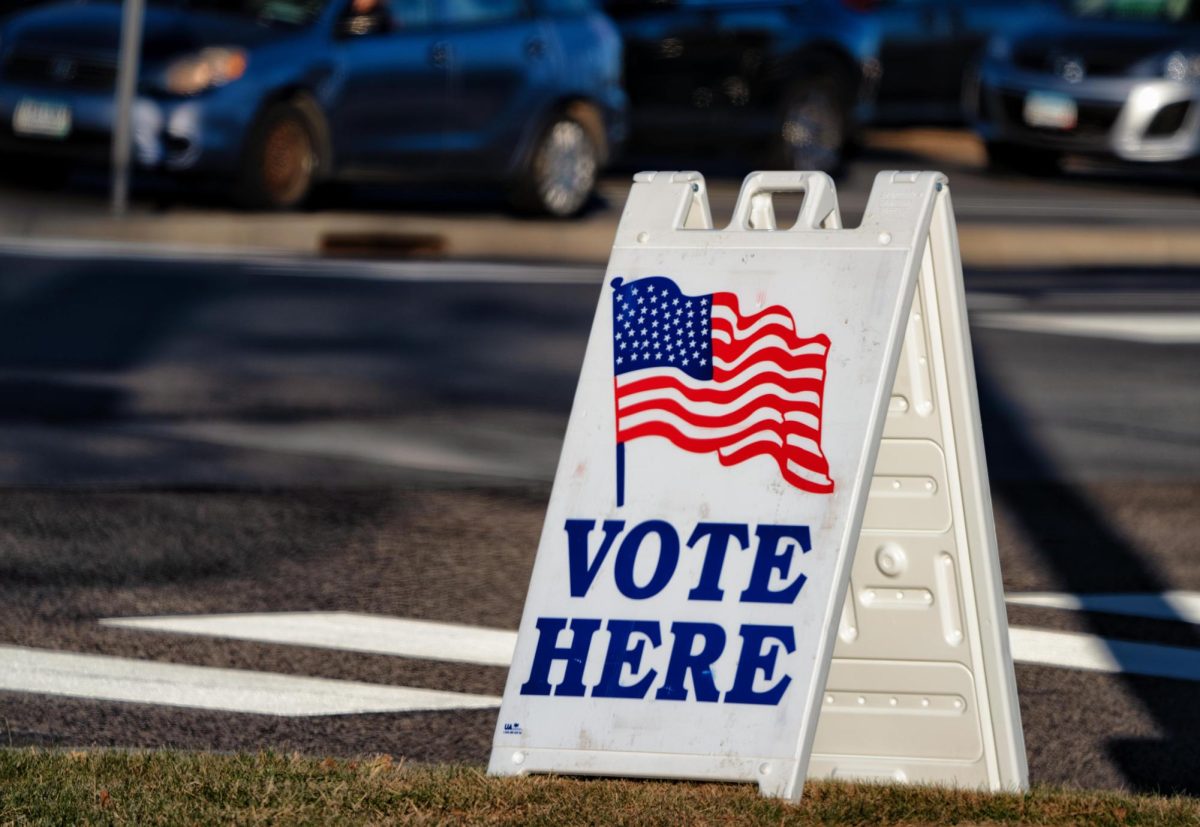


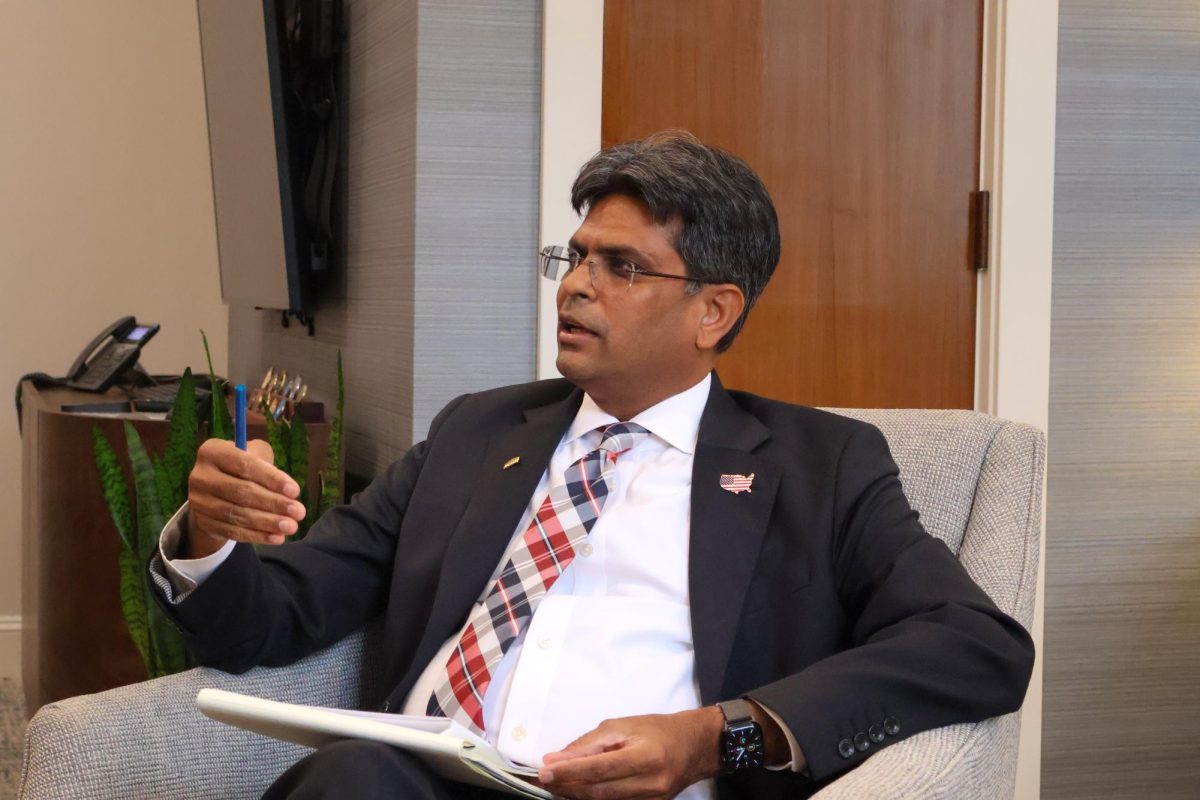



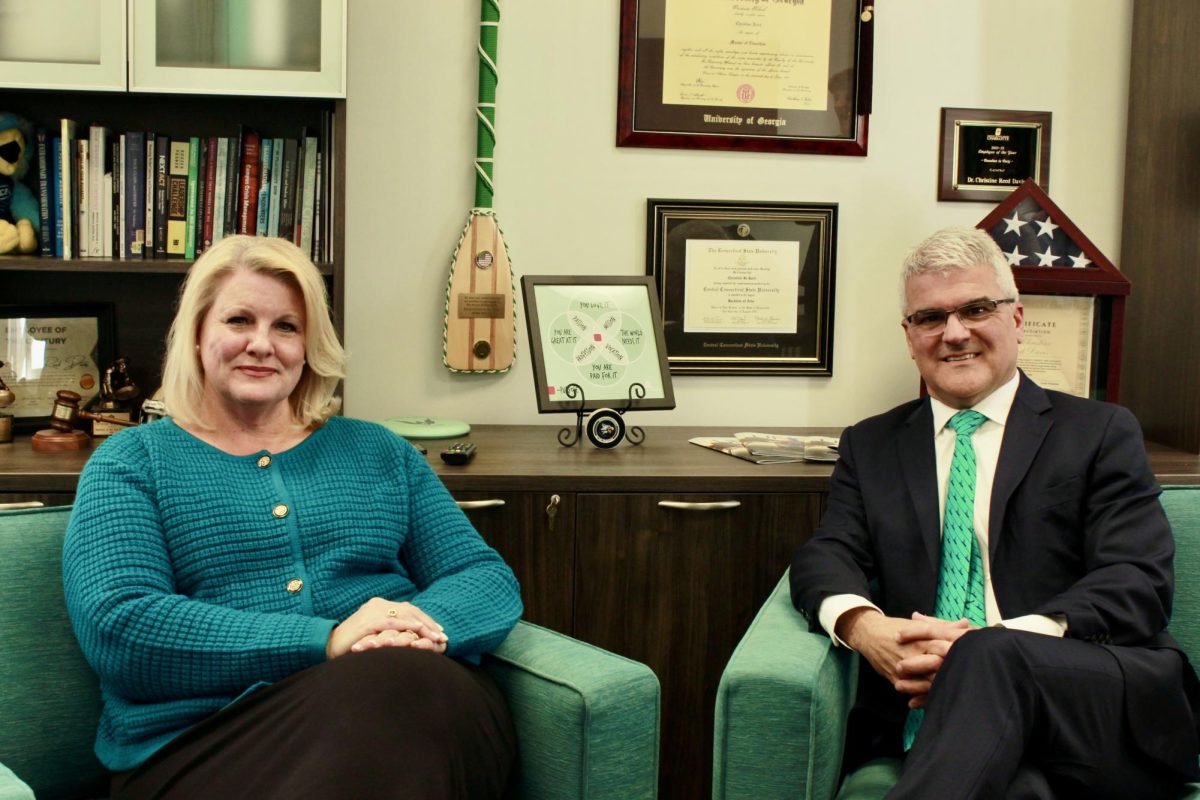


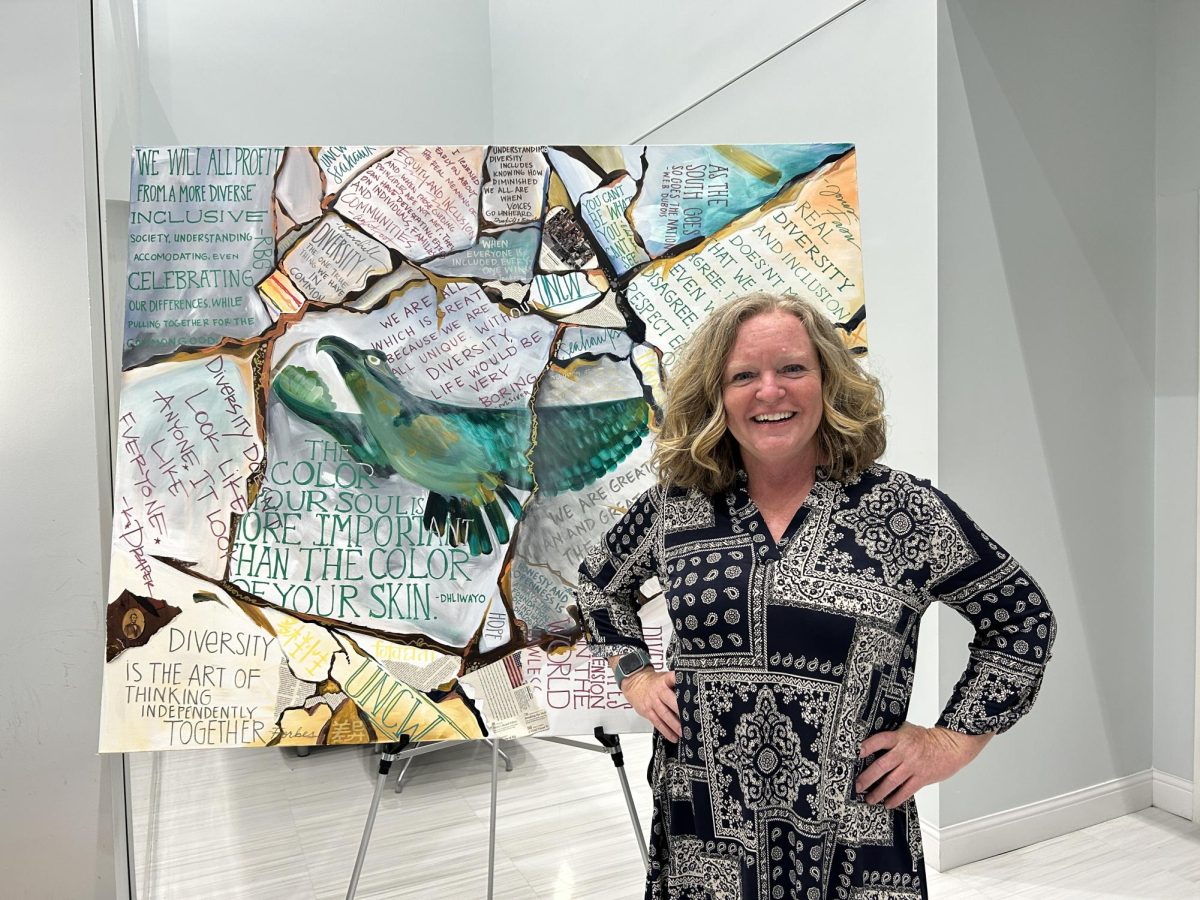


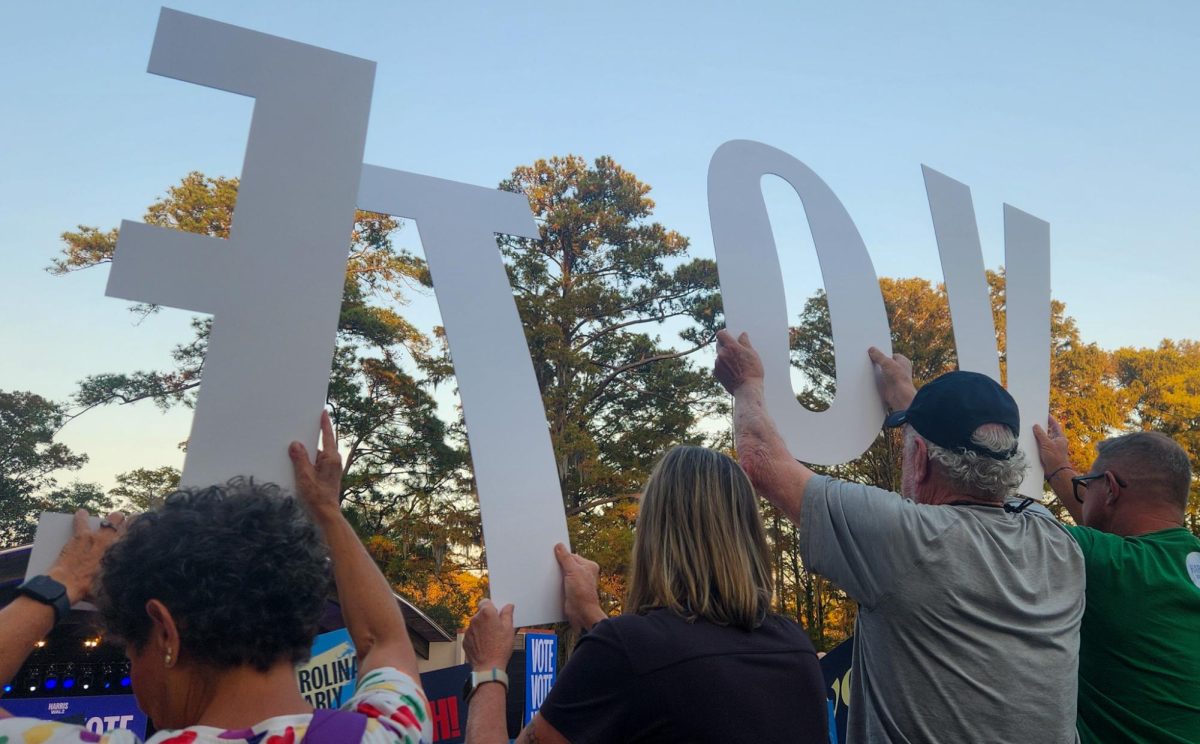

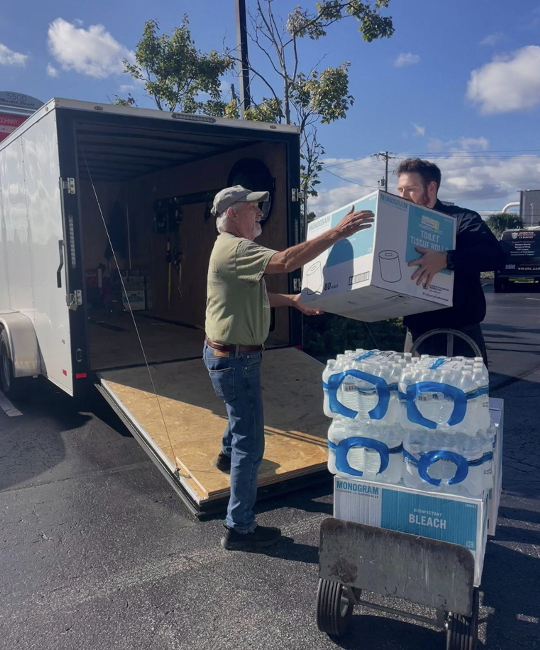

Dante Fekete • May 10, 2024 at 3:20 pm
Although you have constructed an important point, backing it all up with numbers is something I wish was included in the article.
Mia • Apr 16, 2024 at 7:36 pm
Absolutely amazing article!